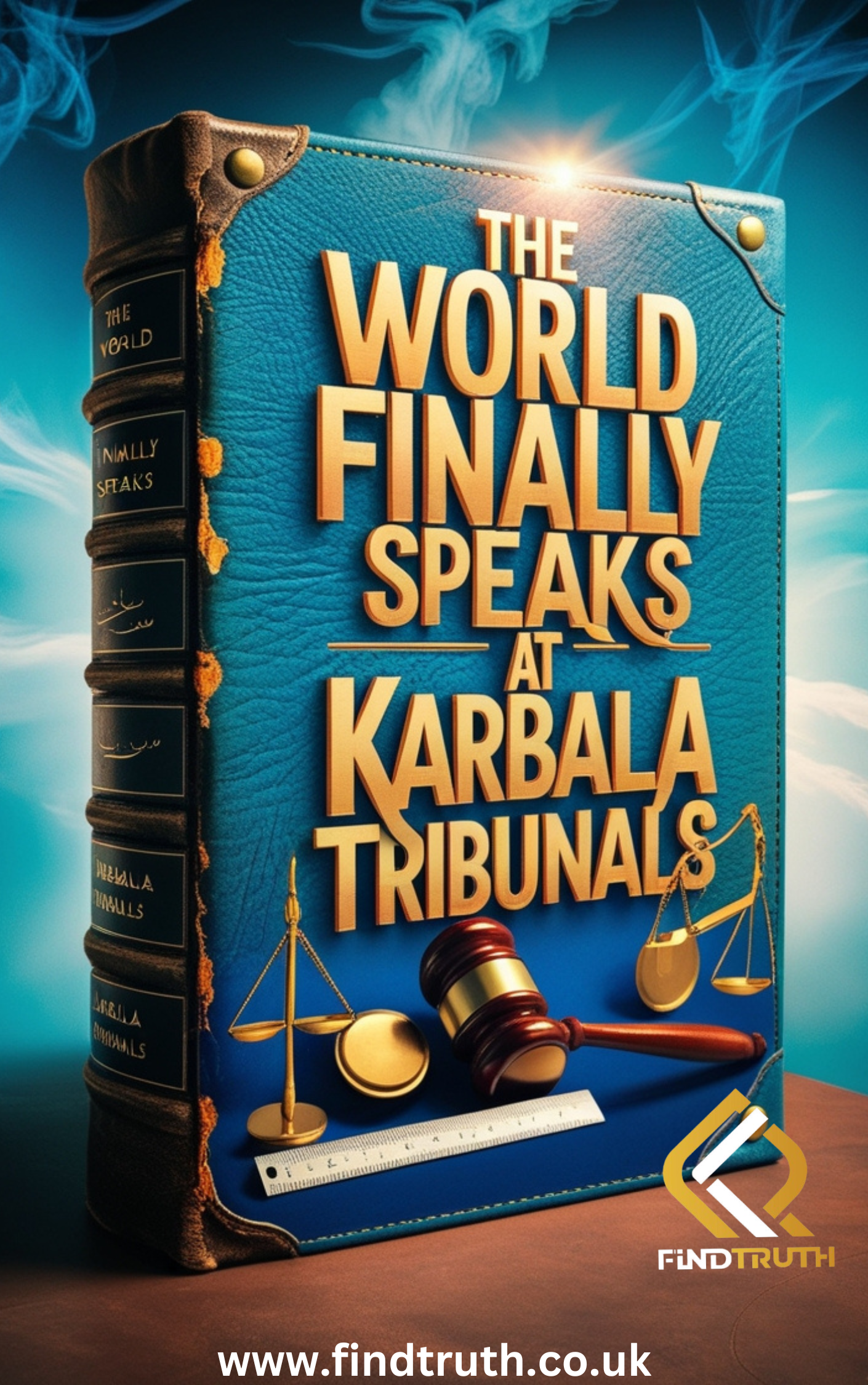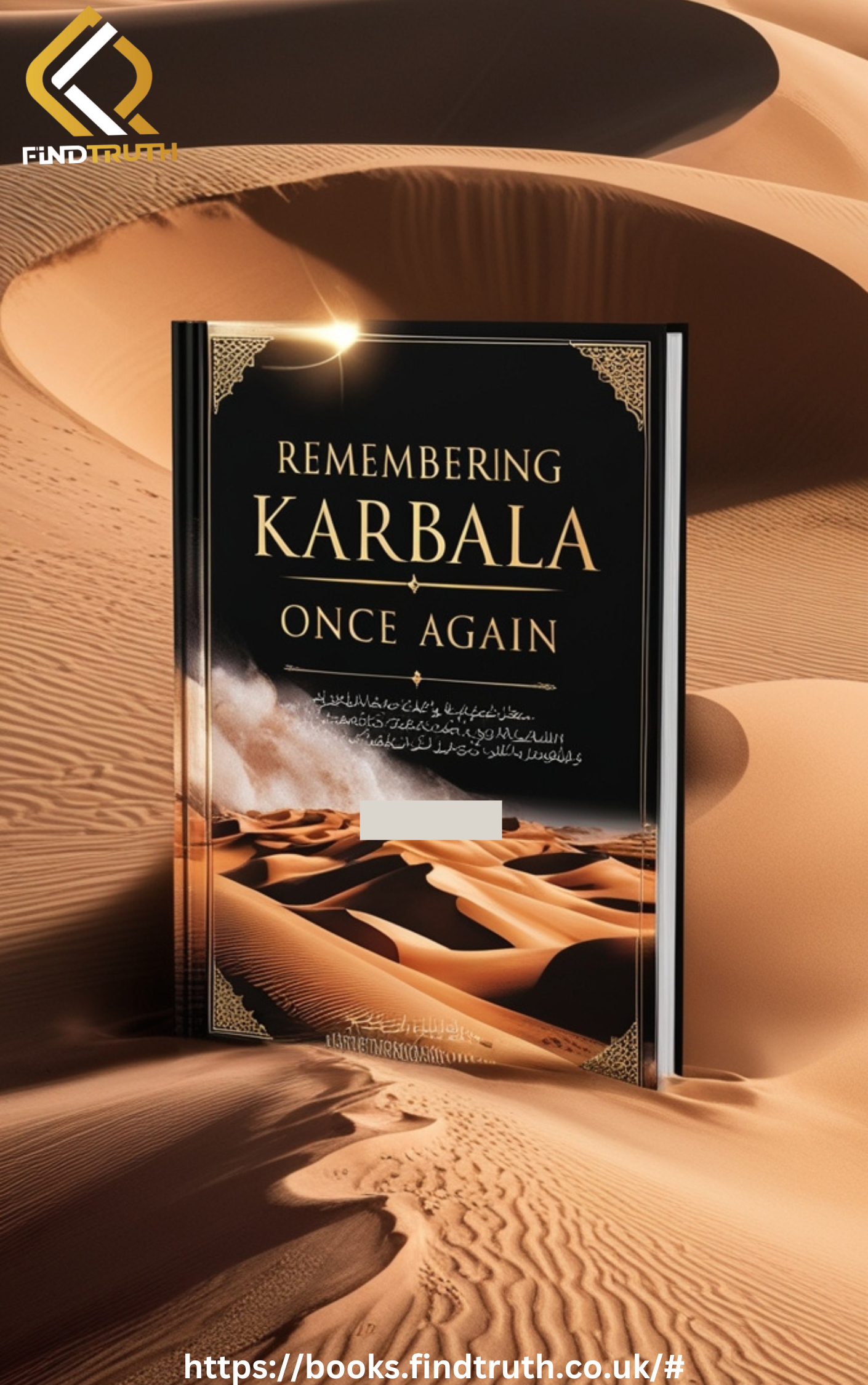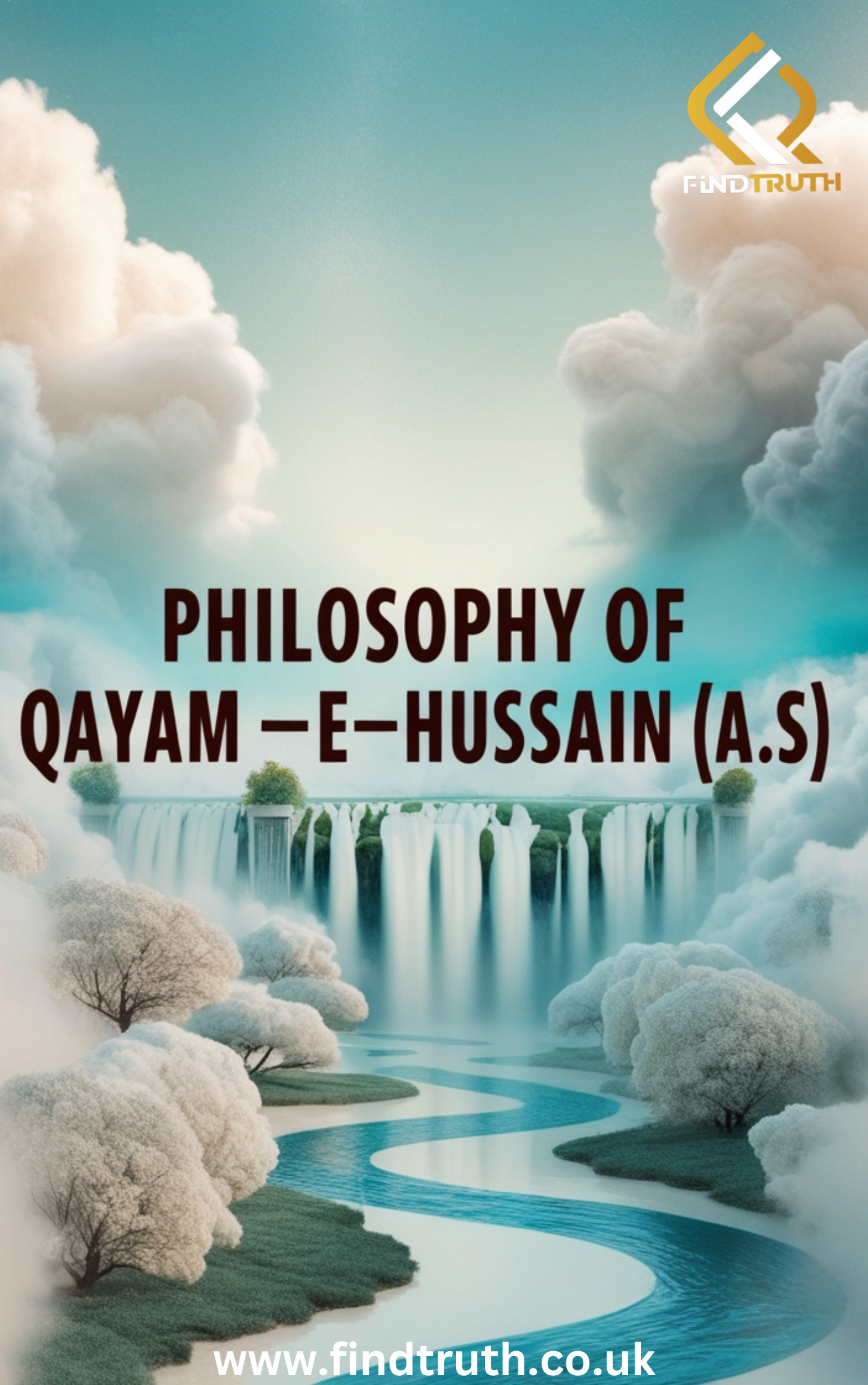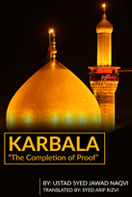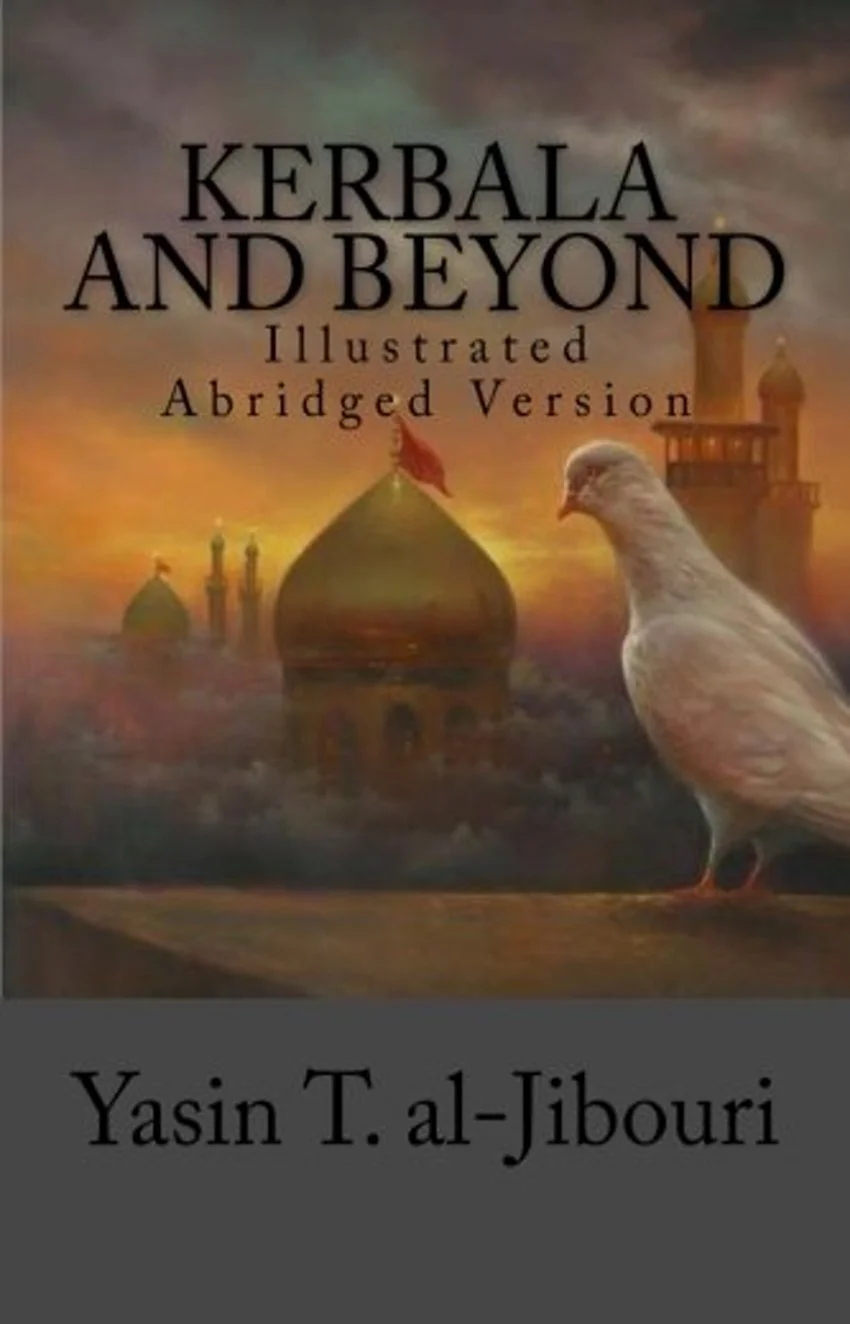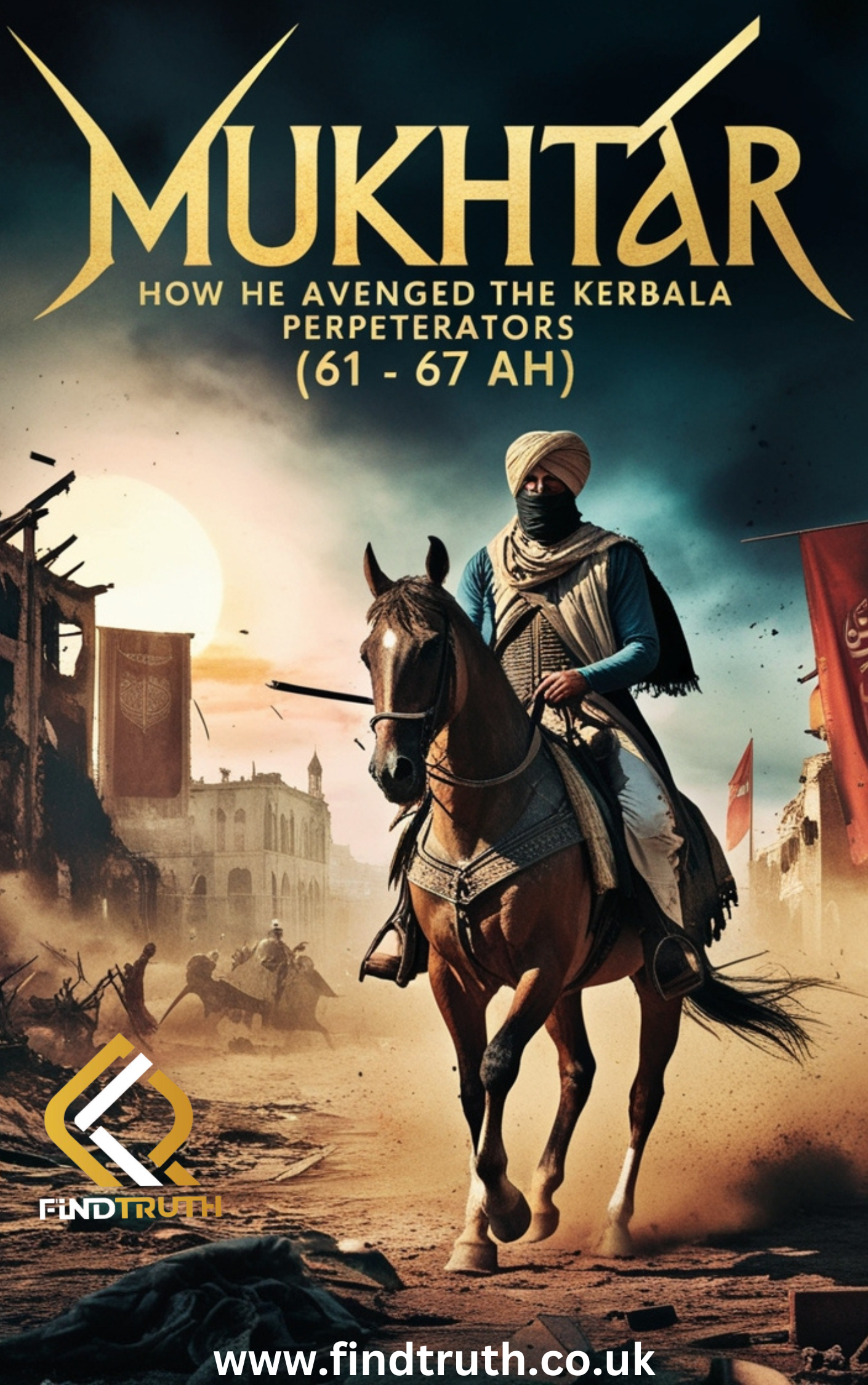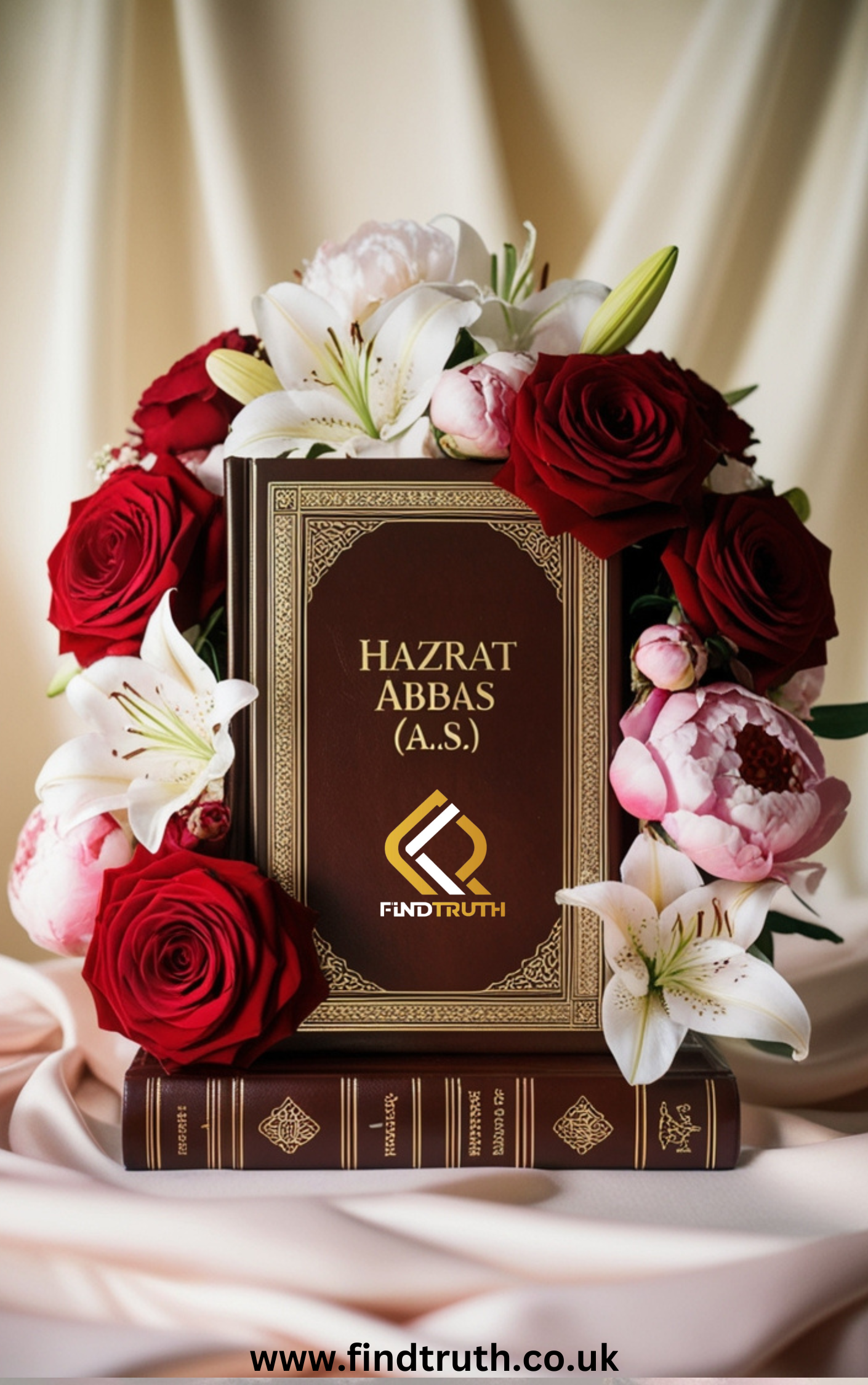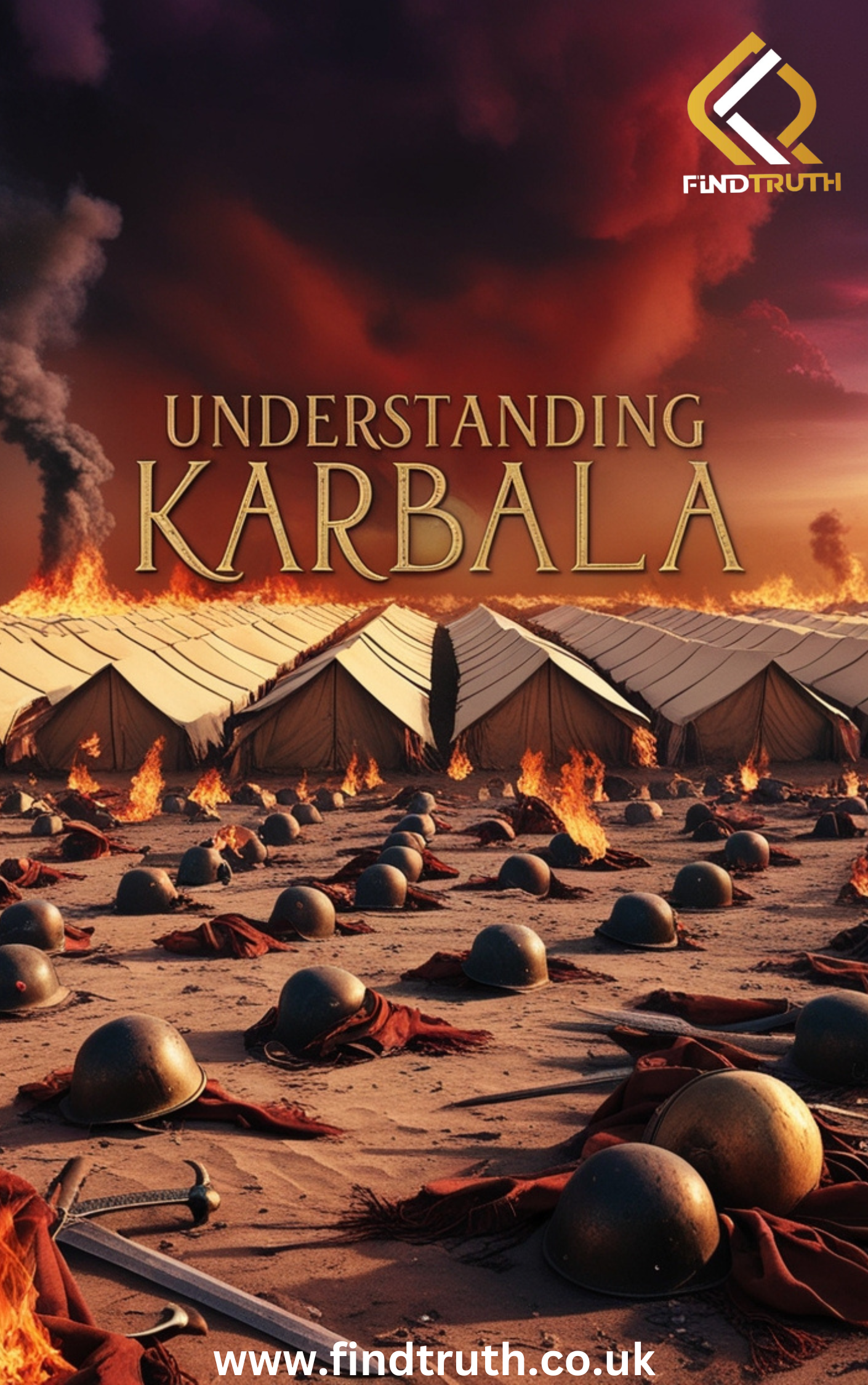
- Beliefs
-
Muslim Practices
- Salah (Daily Prayers)
- Sawm (Fasting)
- Hajj (Pilgramage to Makkah)
- Zakah (Charity Giving)
- Khums (Giving One-Fifth of Annual Saving)
- Jihad (Striving in the Way of God)
- Amr bil Ma'ruf (Encouraging Good)
- Nahy 'an al-Munkar (Stopping Evil)
- Tawalla (Loving the Prophet & His Family)
- Tabarra (Disassociating from the Enemies of the Prophet and His Family)
- Islamic Education
-
Akhlaq - (Ethics)
-
Quran & Sciences
-
Islamic History
-
Socio-Cultural
- Islamic Holy Places
-
Supplications
- Home
- Feature Selections ★
- Beliefs 🛐
-
Muslim Practices ☪️
- Salah (Daily Prayers)
- Sawm (Fasting)
- Hajj (Pilgramage to Makkah)
- Zakah (Charity Giving)
- Khums (Giving One-Fifth of Annual Saving)
- Jihad (Striving in the Way of God)
- Amr bil Ma'ruf (Encouraging Good)
- Nahy 'an al-Munkar (Stopping Evil)
- Tawalla (Loving the Prophet & His Family)
- Tabarra (Disassociating from the Enemies of the Prophet and His Family)
- Islamic Education
-
Akhlaq - Ethics 🔑
- Quran and Sciences 📖
-
Islamic History
- Socio-Cultural
- Islamic Holy Places
- eBooks
- The World Finally Speaks at Karbala Tribunals
The World Finally Speaks at Karbala Tribunals
This book presents a unique narrative framework, imagining a world tribunal convened to reassess the tragedy of Karbala, where Imam Hussain (a.s.), the grandson of Prophet Muhammad (s.a.w.w.), and his followers were martyred. It explores the events leading to the massacre, the motivations of the key players involved, and the resulting implications for Islamic thought and global ethics. The tribunal concept serves as a metaphorical courtroom where historical figures and the world at large confront the moral and spiritual questions raised by Karbala. Through this creative and introspective lens, the book aims to shed light on the lasting significance of the events of Karbala, and how they continue to resonate in the modern era, advocating for justice, truth, and a deeper understanding of sacrifice.
